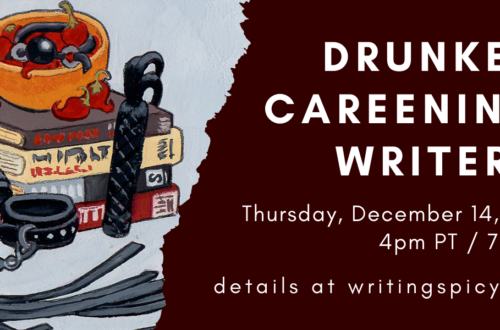I’m not one who tends to read bestsellers. In fact, when I do pick up—and like—a bestseller such that I actually want to carry it around with me and read it, I am often way embarrassed to be seen reading it on the subway. As if I am one of those people who only read popular books.
But of course, sometimes bestsellers are bestsellers for a reason: they are very, very good. I would argue for the Harry Potter series, and for The Time Traveler’s Wife (though against the Twilight series).
What made me pick up Eat, Pray, Love by Elisabeth Gilbert, aside from my sister‘s strong recommendation, was her talk on creativity from the TED lecture series.
I’ve probably watched this four times now, and a new part of it sinks in every time. This really jives with many of my conceptions about creativity works, and I really appreciate the shared responsibility of creation. YES.
So I picked up Eat, Pray, Love. And … it’s beautiful. Seriously. I hesitate to call it One Of My Favorite Books because who knows, I haven’t finished it yet, maybe it’s just speaking to me at a particular time about a particular thing and everything is just so resonant and perfect right now.
Like this:
Maybe the best thing to do with favourite films and books is to leave them be: to achieve such an exalted position means that they entered your life at exactly the right time, in precisely the right place, and those conditions can never be re-created. Sometimes we want to revisit them in order to check whether they were really as good as we remember them being, but this has to be a suspect impulse, because it presupposes is that we have more reason to trust our critical judgement as we get older, whereas I am beginning to believe that the reverse is true. —Nick Hornby, Shakespeare Wrote For Money
I had it out from the library, and I ordered my own copy from paperbackswap.com (my current guilty pleasure, though I suck at getting to the post office to do the mailing-out part). I’m looking forward to reading it again, and marking it up.
Yesterday, I came across this:
So I saw it during my last week at the Ashram, I was reading through an old text about Yoga, when I found a description of ancient spiritual seekers. A Sanskrit word appeared in the paragraph: ANTEVASIN. It means, ‘one who lives at the border.’ In ancient times this was a literal description. It indicated a person who had left the bustling center of worldly life to go live at the edge of the forest where the spiritual masters dwelled. The antevasin was not of the villagers anymore-not a householder with a conventional life. But neither was he yet a transcendent-not one of those sages who live deep in the unexplored woods, fully realized. The antevasin was an in-betweener. he was a border-dweller. He lived in sight of both worlds, but he looked toward the unknown. And he was a scholar.
—Eat, Love, Pray by Elisabeth Gilbert, p203
And oh my god that word is just so … potent. Perfect. I immediately saw it as an elaborate cursive tattoo over my collarbone or on my upper arm. That’s my word.
Then I started thinking: this is everybody’s word. That’s why this book is a crazy insane-o bestseller. Everybody thinks they live on the borders. Nobody thinks they fit in. And, sure enough, when I searched for “antevasin” online, many of the results are from personal blogs saying, “I recently read a book that described the word and I felt like it was describing me,” and “In one of the many books I am reading at present I came across a word and an idea that really resonate.” (Funny how they don’t necessarily identify the book. Or perhaps it’s just obvious enough that they don’t have to.)
Maybe not everybody thinks they are at the borders, not fitting in. Maybe there are some people, like my girlfriend claims, who know they are the status quo and average and buying in to pop culture and like it that way. I guess it’s mostly just that “my people”—the queers and the misfits and the artists and the writers and the thinkers—are the ones who surround me, and of course we all tend to have this deep, deep belief that we never fit in, that we probably never will, and that we’re straddling multiple worlds, being border-dwellers.
But I guess my question is … if the majority of us are the ones who think we don’t fit, aren’t the ones who ‘fit’ actually in the minority, making them, by definition, not fit?
And also … how do we truly, deeply, believe that we do in fact fit, perhaps not into a problematic hierarchical oppressive society like this one, but in our own communities, in our own subcultures, in our own families, in our own lives, in the larger universal human family? I really do believe that we all belong, we are all valid, we are all just where we are meant to be: right here.



